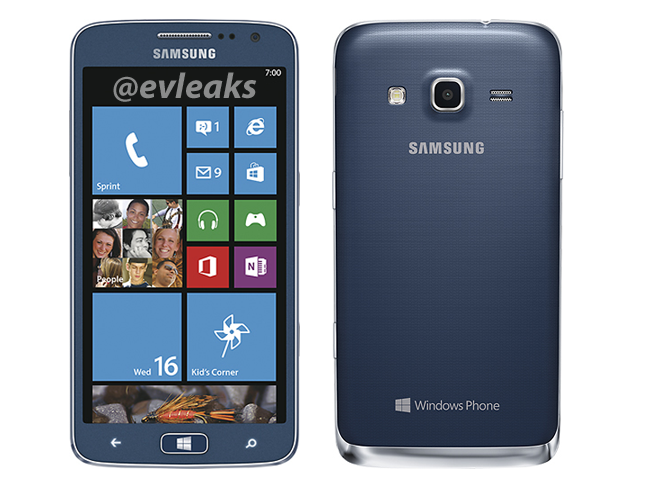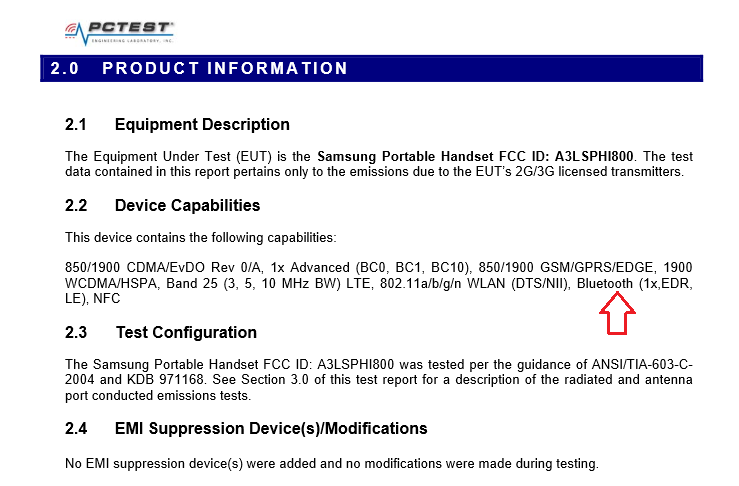FCC docs reveal Sprint’s Samsung ATIV S Neo will come with Bluetooth 4.0 LE

We know that Bluetooth 4.0 with low-energy support is coming to Windows Phone 8 sooner than later. Nokia has reportedly been hard at work getting their devices ready and we wouldn’t be shocked to see it come officially from Microsoft in GDR3, expected later this year.
In documents posted to the FCC on the upcoming Samsung ATIV S Neo, due on Sprint on August 16th, it’s revealed that the device has evidently been cleared with Bluetooth LE on board, meaning 4.0 status. That’s good news for those on Sprint waiting for a high end Windows Phone to carry them into 2014, as BT4.0 will ensure greater device capability, better battery usage and open new avenues for accessories.

Low energy is a Bluetooth 4.0 core standard that allows “novel applications in the healthcare, fitness, security, and home entertainment industries” but with reduced power consumption. Think of fitness items like Fitbit, which would be able to sync almost continuously to your phone directly, or Nokia’s upcoming Treasure Tags.
The ATIV S Neo is basically just a revamped CDMA variant of last year’s Samsung ATIV S. It features a 4.8-inch Super AMOLED display, 1.4 GHz dual-core CPU, expandable storage and a large, replaceable battery. While it may not be the most stylish device, its traditional design should appeal to those in business, enterprise or for those who want something powerful, yet low key.
Official pricing and specs of the ATIV S have yet to be revealed, but an announcement is expected in the coming weeks. A hands on video preview of the device was recently posted, showing the device in more detail.
Source: FCC; Thanks, Tom (hdrpunk), for the tip!
Get the Windows Central Newsletter
All the latest news, reviews, and guides for Windows and Xbox diehards.

Daniel Rubino is the Editor-in-chief of Windows Central. He is also the head reviewer, podcast co-host, and analyst. He has been covering Microsoft since 2007 when this site was called WMExperts (and later Windows Phone Central). His interests include Windows, laptops, next-gen computing, and wearable tech. He has reviewed laptops for over 10 years and is particularly fond of 2-in-1 convertibles, Arm64 processors, new form factors, and thin-and-light PCs. Before all this tech stuff, he worked on a Ph.D. in linguistics, performed polysomnographs in NYC, and was a motion-picture operator for 17 years.
